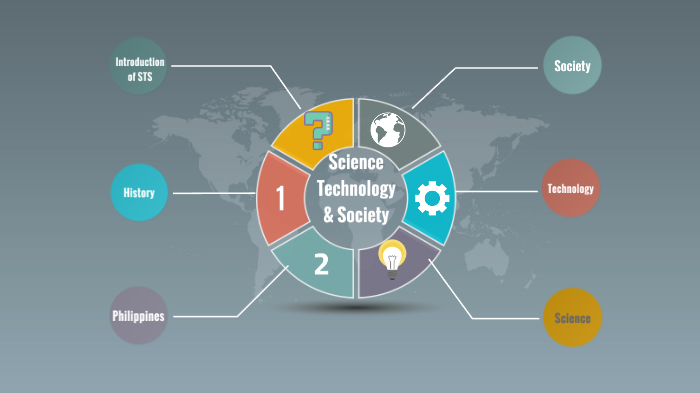How Does Science Technology Transform Society?

In the ever-evolving landscape of the 21st century, science and technology have become the linchpins of societal transformation. From revolutionizing healthcare to redefining communication, the impact of technological advancements is pervasive and profound. As we stand in 2025, it is crucial to examine how these developments are shaping our world and what the future might hold.
The integration of artificial intelligence (AI) into daily life has been one of the most significant shifts. AI-powered applications, ranging from smart homes to autonomous vehicles, have streamlined processes and enhanced efficiency. However, the ethical implications of AI, such as data privacy and algorithmic bias, continue to be hotly debated. Companies and governments are grappling with the challenges of regulating these technologies to ensure they benefit society without compromising fundamental rights.
Healthcare has undergone a dramatic transformation with the advent of telemedicine and wearable technology. Remote consultations and real-time health monitoring have made healthcare more accessible and personalized. In 2025, the widespread use of AI in diagnostics has reduced error rates and accelerated treatment plans. Yet, the digital divide remains a concern, as not all populations have equal access to these advancements. Efforts are underway to bridge this gap, ensuring that technological progress benefits everyone.
In the realm of education, virtual reality (VR) and augmented reality (AR) have revolutionized teaching methods. Students can now immerse themselves in historical events or explore scientific concepts in a tangible way. This interactive learning approach has shown promising results in increasing engagement and retention. However, the cost and infrastructure requirements for implementing VR and AR in schools pose significant barriers, particularly in underdeveloped regions.
The impact of science technology on the environment is another critical area of focus. Innovations in renewable energy, such as solar and wind power, have made sustainable living more feasible. However, the environmental cost of electronic waste and the energy consumption of data centers are pressing issues. Balancing technological advancement with ecological responsibility is a delicate act that policymakers and scientists are striving to achieve.
The financial sector has also seen a seismic shift with the rise of fintech. Blockchain technology and cryptocurrencies have introduced new ways of conducting transactions, increasing transparency and security. This has disrupted traditional banking systems, prompting a re-evaluation of regulatory frameworks. As fintech continues to evolve, ensuring consumer protection and financial stability will be paramount.
Despite the numerous benefits, the rapid pace of technological change has its downsides. Job displacement due to automation is a growing concern. While new jobs are being created, the transition for displaced workers can be challenging. Governments and educational institutions are working on reskilling programs to help workers adapt to the changing job market. Additionally, the mental health impacts of constant connectivity and social media use are being studied, with efforts to promote digital well-being.
The global connectivity facilitated by the Internet of Things (IoT) has made it easier than ever to stay connected. Smart cities, where everything from traffic lights to public utilities is interconnected, are becoming a reality. These cities aim to optimize resource usage and improve the quality of life for residents. However, security concerns related to IoT devices highlight the need for robust cybersecurity measures to protect personal and public data.
In conclusion, science and technology are transforming society in unprecedented ways. From enhancing healthcare and education to revolutionizing financial transactions and urban planning, the benefits are vast. However, the ethical, environmental, and societal challenges that come with these advancements cannot be overlooked. As we continue to innovate, it is essential to strike a balance that ensures technology serves the greater good while addressing the issues that arise. The future of society is intrinsically linked to how we navigate the complexities of scientific and technological progress.
```
0 Response to " How Does Science Technology Transform Society?"
Post a Comment